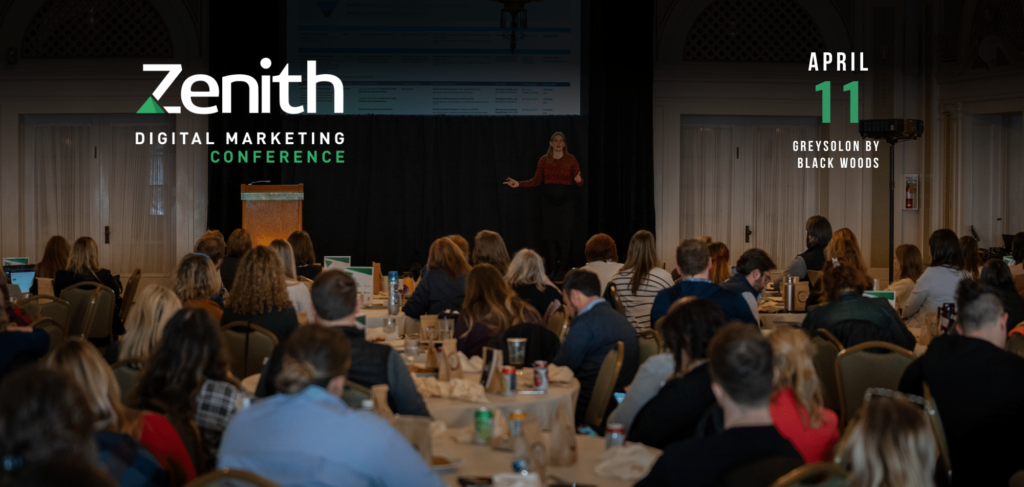From the inception of search in the early 90’s, individuals and monolithic companies revolutionized the world’s information management. Since then post BBS pioneers have taken over the marketing world. Over the years, as contextual advertising platforms evolved and blossomed into robust networks like Facebook and DoubleClick, there have been naysayers. Contrary to nearly half a decade of “search is dead” hyperbole, search is and always will be king. Here’s why.
Permanently Relevant Medium
Human beings are a rather predictable species in some ways. From earliest recorded history, people have been asking questions whilst others documented queries. The fundamental premise of search “inventory” is a marketer’s ability to mine empirical evidence of human’s question-patterns and react by marketing answers. It’s fairly safe to say humans will never stop asking questions.
Most Focused Customer Intent Indicator
When people ask questions, their intent (that is, what they seek as an outcome) is often discernible. Much has been written regarding the fantastic subtleties of gleaning searchers’ intent from query language.
While social segments can also reveal obvious and subtle indications of intent, contextual (walk-by) marketplaces will probably never match search in how users divulge hard-core intent with near-complete specificity. Drive-by billboards (contextual) don’t reach out to ask users what interests them.  Keyword search, users asking for specific billboards, may always be the best indicator of customer intent on earth.
Smashing Root For Socio-Contextual Demographic Research
We’ve found that keywords and their associated intent-indicators are obvious and effective starting points for mapping keywords to social.  Yep, social segments do hold intent— like attributes, but IMHO never quite stand up to the raw power of search’s targeting. In other words, social targeting walk-by traffic (contextual) like Facebook Ads or DoubleClick rarely measures up to search. For that reason we begin every social media project (contextual marketing), paid and/or organic, with classic keyword research.
“For that reason we begin every social media project (contextual marketing), paid and/or organic, with classic keyword research.”
Search PPC CTR can easily be in measured in double digits. Contextual PPC is jam-ass-rocking in the 1%-2% range. Search marketing is more focused than contextual, even taking into account the revolutionary power of radically evolving social network marketing. Contextual can be highly targeted. Search is even better.
I was on stage with the affable and talented Guy Levine at SMX Advanced London, when an audience member asked me a vexing question: “Marty, how would you market a moving company using Facebook Ads?” I thought and hemmed and hawed about various ways; contact Realtors in destination cities, get to know economic development government types… Guy raised his hand and said, smiling, “I’d just use AdWords.” LOL.
Social Will Mean Search
In the future, contextual marketplaces (Facebook, LinkedIn, etc…) will ebb and flow in population and targeting platforms. For marketers it will be very much like following packs of people en masse and micro (big and niche communities). Search will play a role.
SEO means any attainable organic search result, independent of a specific channel. Trust me, Facebook’s internal search engine will grow to be about more than people, events, groups, fan pages, applications and some lame-ass Bing Results. There is search in LinkedIn. YouTube’s search usage is massive. If we’re optimizing an application for discoverability in Facebook organic search or tagging for a video result in YouTube… that’s SEO. And it will never, ever die.
Search Engines Forced to Reveal Inventory Data
If search engines want to sell those impressions, they are forced to reveal inventory. Period. We all know it’s not in Google’s best interest to reveal much about their algorithm. Otherwise smart webmasters might be empowered to reverse engineer things and dominate rankings.
However, Google MUST give us their search inventory in the form of a Keyword Tool. Otherwise, there would be no way to sell anything to PPC advertisers. They buy inventory. As they have been since the times of Overture, the tools will probably always be there to mine search for taking square aim at customer segments.
Excellent Correlation to Physical World
One of the miracles of search is how data correlates so beautifully with the physical world. We noticed back in the 90s, long before big time social media, that search data seemed empirical in its metaphor for physical marketplaces. If they were interested in a certain keyword flavor or permutation, as indicated by search volume (inventory), then most often the customer’s predilections translated to buying behavior at the local mall.
Search data is nearly always reliable, even if a marketer learns that his or her strategy does not work. Crusty search war dogs of the highest caliber can carve out market segments like a butter sculpture at the country club.
The More Granular, The More Relevant
Social (contextual) segments do not always get granular. For instance, in Facebook Ads there are very few companies (places of users’ employment) available to target at this time, especially in smaller geographic areas.  Shrinking the geo limits or removes our ability to leverage the places of employment targeting feature. The tail is pretty short.  In contextual, the longer the targeting attribute’s tail, the less useful it might become.
However, the long tail of search gets more specific. Adding words to a search usually makes it clearer. For marketers this means not optimizing a site on the long tail of brand, product, category, common customer inquiries, etc… is negligent. We’ll always study search whilst researching customer segments because we can get down to the true nitty-gritty granular details of things.
Search Will Never, Ever Die
From earliest Internet days, engineers and techno-prophets have organized and documented human beings’ insatiable drive to ask questions for a reason. While it’s true that purpose can be determined by noting the context of categorized conversation (socio-contextual), to our mind query intent will remain the most reliable intent-signal.
We see the specificity of search as the most logical root for socio-demographic research and are confident the data will remain available. Â We believe the engines will remain forced to reveal at least some measure of keyword inventory to advertisers who wish to buy search ads.
Search is not dead and will not die. The art and science of understanding peoples’ questions harkens to biblical times, and will likely be permanently relevant. Search is, and always will be, king.













